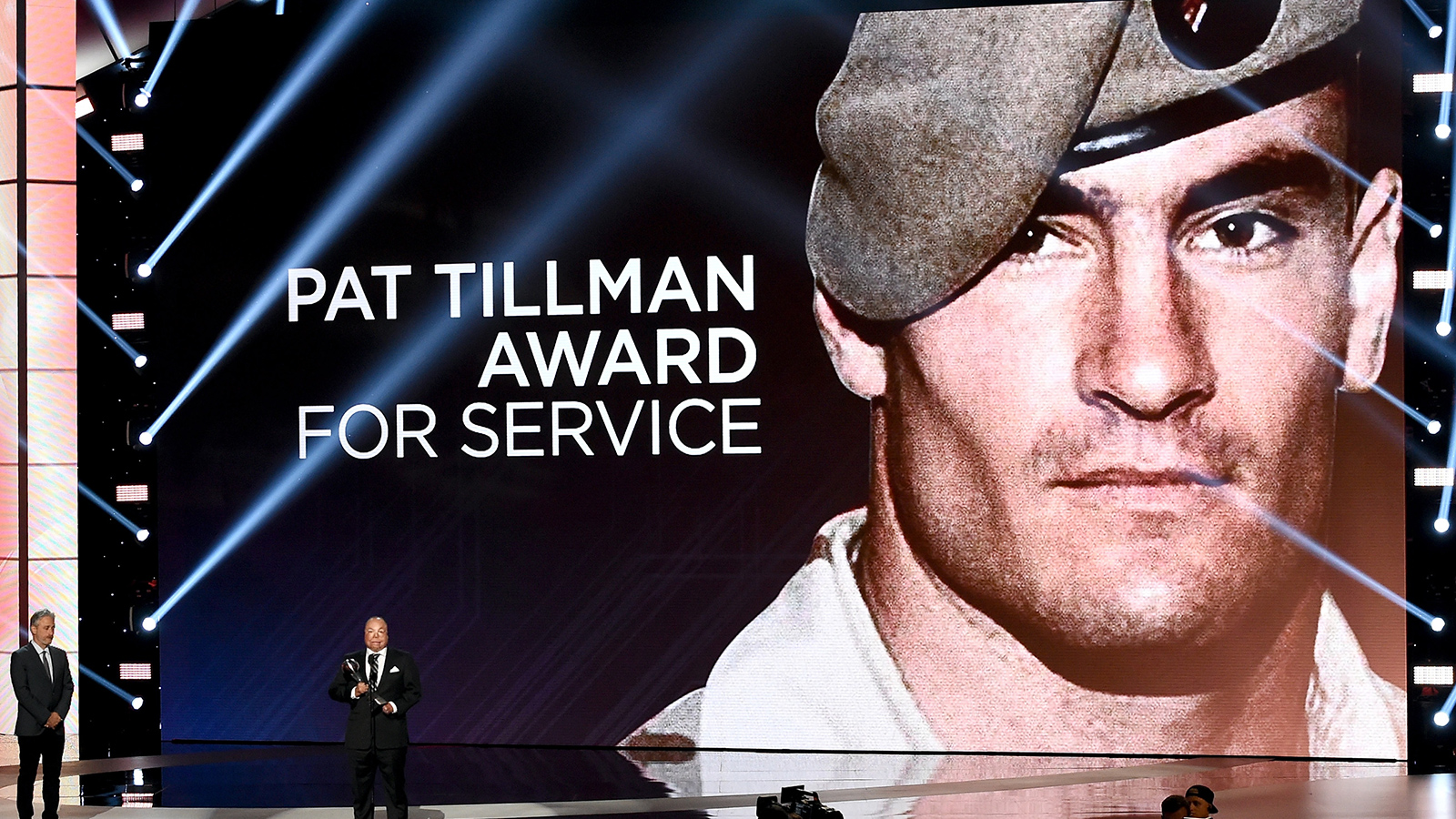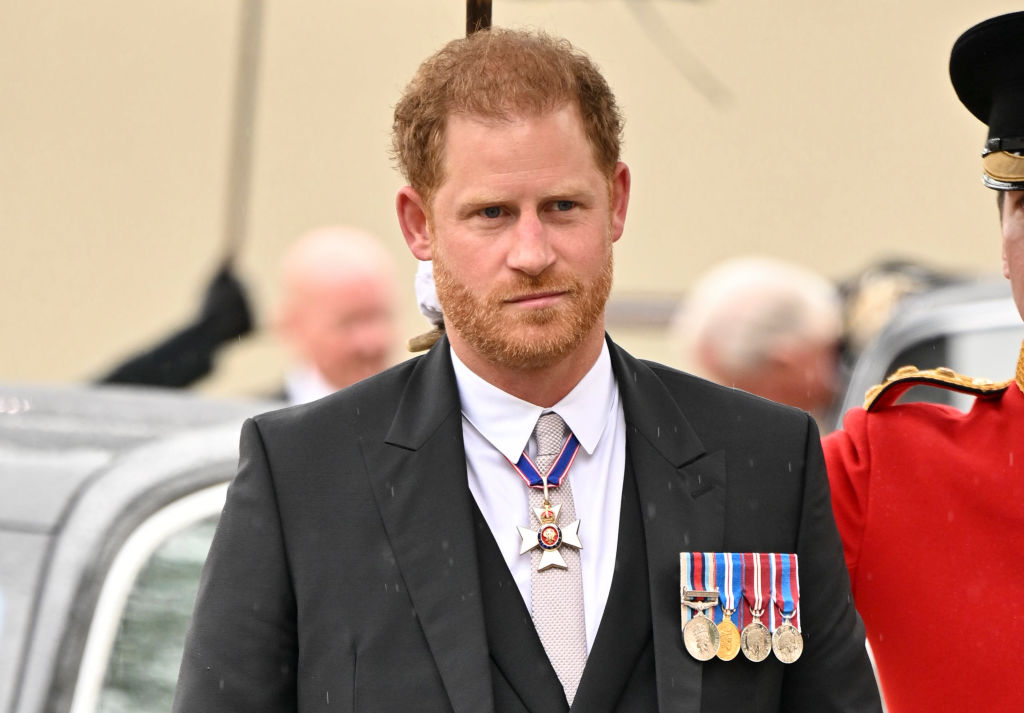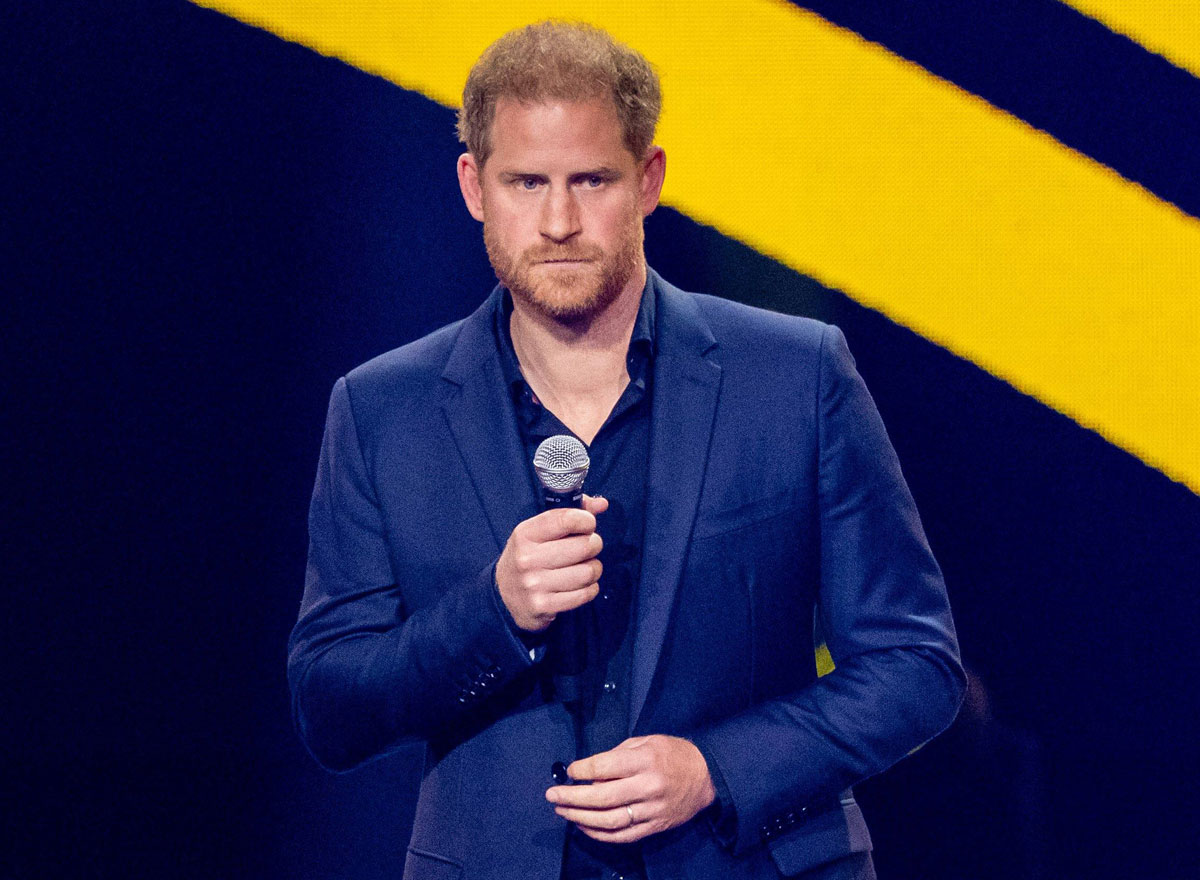Prince Harry’s Controversial Pat Tillman Award: A Reflection on Modern Celebrity Culture
Prince Harry is set to receive the Pat Tillman Award for Service at the 2024 ESPY Awards. This honor, named after the late NFL star and U.S. Army Ranger Pat Tillman, who died in combat in 2004, has sparked significant controversy. Among the critics is Mary Tillman, Pat’s mother, who expressed her shock and disappointment over the selection. She believes there are many more deserving candidates who quietly work to assist veterans without Harry’s wealth and resources. She remarked, “I’m shocked as to why they would select such a controversial and divisive individual to receive the award.”
Mary Tillman is not alone in her sentiments. The decision has prompted discussions about the nature of such awards and their recipients. Critics argue that Harry and Meghan Markle frequently receive awards, not necessarily for their achievements, but because of their celebrity status. This phenomenon raises questions about the integrity and purpose of these honors.
Douglas Murray, a commentator, shared his views on the issue. He pointed out that Harry and Meghan’s public relations teams actively seek out such awards, leveraging their celebrity to bring attention to the awards process. This strategy benefits both the award-givers and the recipients but often at the expense of more deserving individuals who work quietly and diligently.

The Pat Tillman Award, in particular, stands out due to its namesake’s legacy. Pat Tillman was an American hero who left a promising NFL career to serve his country after the 9/11 attacks, ultimately sacrificing his life. The award, therefore, holds significant meaning and is intended to honor those who have shown exceptional dedication and service.
The controversy surrounding Harry’s receipt of this award highlights a broader issue in contemporary celebrity culture. Prince Harry, once a figure with the potential to lead meaningful initiatives, has, according to critics, taken a different path. Murray lamented this shift, noting that Harry had the opportunity to become a significant figurehead for causes related to veterans and young people. He could have followed in the footsteps of his grandfather, the late Duke of Edinburgh, who established the Duke of Edinburgh Awards to inspire and support young people.

Instead, Harry’s life has taken a different direction, one that involves frequent public appearances and awards that some view as unearned. This trajectory, as Murray puts it, is “receiving awards as if he’s doing,” rather than making tangible contributions.
The debate over Harry’s Pat Tillman Award reflects a larger conversation about the role of celebrities in charitable and service-oriented spaces. While their fame can bring attention to important causes, it also risks overshadowing the efforts of those who work without the same level of public recognition. The case of Prince Harry and the Pat Tillman Award serves as a poignant example of this dynamic, prompting reflection on the values and principles that should guide the awarding of honors in today’s society.

As the ESPY Awards approach, the spotlight will undoubtedly be on Prince Harry. Whether this attention will lead to a deeper consideration of how we celebrate and honor service remains to be seen. The hope is that future awards will balance celebrity appeal with genuine recognition of merit and dedication.
News
Meghan Markle demands ‘fair play’ as new South Park episode trashes her Netflix cooking show Calls it ‘Duchess Can’t Cook’
A New Scathing South Park Parody Takes Aim at Meghan Markle’s Cooking Show. The notoriously irreverent and satirical animated series South Park has set its sights on the Duchess of Sussex, Meghan Markle, with a biting new parody episode titled…
Meghan Markle’s mother demands benefits: “My daughter has worked hard to give birth to children for the royal family and I am asking King Charles to legally divide the inheritance among the grandchildren.”
Meghan Markle’s Mother Demands Benefits: “My Daughter Has Worked Hard to Give Birth to Children for the Royal Family, and I Am Asking King Charles to Legally Divide the Inheritance Among the Grandchildren” In recent developments, Doria Ragland, Meghan Markle’s…
Meghan Markle’s mother is extremely upset and confides in RF’s “WRONG BEHAVIOR” towards her daughter, which she claims caused her granddaughter to become homeless
Meghan Markle’s mother, Doria Ragland, discusses her daughter’s suicidal thoughts in a new interview. Ragland says that she was “heartbroken” to learn of her daughter’s struggles and that she and Prince Harry were unable to protect her from the media…
Amid doubts about Meghan Markle’s ability to have children. A leaked document shows Meghan Markle panicking because Lilibet’s biological mother wants her daughter back
Meghan Markle in Panic: Shocking Footage Allegedly Shows Lilibet’s Biological Mother Reclaiming Her Daughter A woman named Maria Gonzalez, who used to work as the housekeeper at the Montecito estate of our daring Duke and Duchess of Deceit, has stepped…
PRINCE HARRY COLLAPSES: Eyes bloodshot after seeing pictures of Meghan Markle and Andrew as rumored
It was supposed to be a quiet, romantic evening between Prince Harry and his wife Meghan Markle. However, when Harry decided to borrow Meg… It was supposed to be a quiet, romantic evening between Prince Harry and his wife Meghan…
The ‘FATAL’ move that left Meghan Markle panicking: Billy Joel reveals firsthand the ‘Hollywood Affair’ scandal
Billy Joel, the renowned singer, made waves this past week with unexpectedly candid remarks about Meghan Markle during a live concert. Here’s a closer look at what transpired and the ensuing Hollywood drama. The setting was Madison Square Garden in…
End of content
No more pages to load






